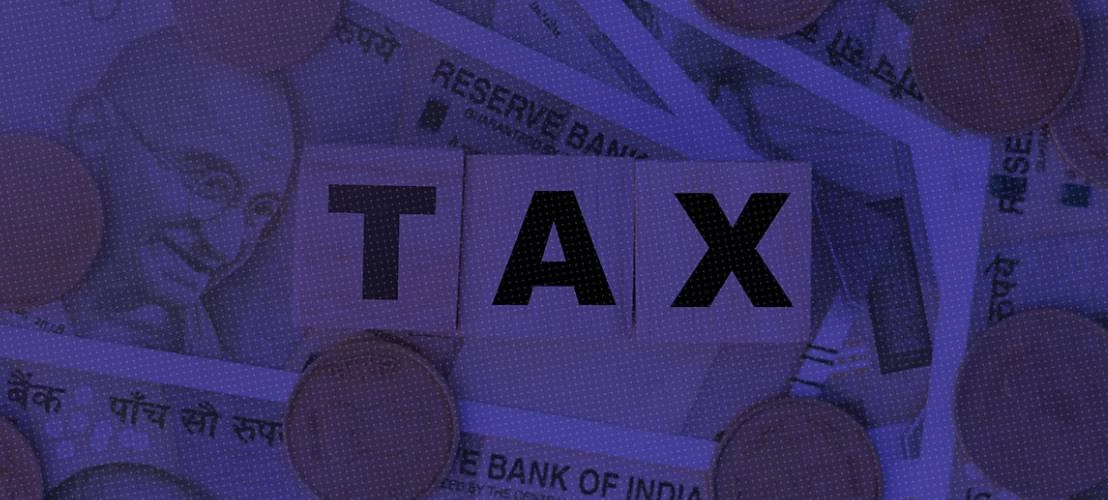Observing that on the date of the confiscation in March 2007, Rule 173Q(2) of the Central Excise Rules, 1944 stood omitted from the statute books vide Notification dated 12 May 2000, the Supreme Court has set aside the confiscation of land, building and plant and machinery under said Rule 173Q(2).
The Apex Court also rejected the contention that the Revenue department was entitled to continue the proceedings on account of Section 38A(c) and Section 38A(e) of the Central Excise Act, 1944, read along with Section 6 of the General Clauses Act, 1897. The Apex Court in this regard approved the Gujarat High Court decision in the case of Kotak Mahindra Bank Ltd. v. District Magistrate [2010 SCC online Gujarat 10656].
The Supreme Court in this case – Punjab National Bank v. Union of India [Judgement dated 24 February 2022] observed that Section 6 of the General Clauses Act was not applicable in the case of omission of a ‘Rule’.
In respect of Sections 38A(c) and (e), the Court observed that these provisions were attracted only when ‘unless a different intention appears’. It noted that in the present case, the legislature had clarified its intent to not restore/revive the power of confiscation of any land, building, plant machinery, etc., after omission of the provisions contained in Rule 173Q(2), which was evident from the fact that power to confiscate any land, building, plant, machinery etc. was not introduced in the subsequent Central Excise Rules, 2001, Central Excise Rules, 2002 and Central Excise Rules, 2017.
Dues of secured creditors have priority even after insertion of Section 11E in Central Excise Act, 1944
Further, relying upon its earlier decision in the case of Union of India v. SICOM Ltd, the Supreme Court of India has held that the secured creditor, i.e., the bank, will have priority over the dues of the Central Excise Department. It was held that the provisions contained in the SARFAESI Act, 2002 will have an overriding effect on the provisions of the Central Excise Act, 1944, even after the insertion of Section 11E in the Central Excise Act, 1944 w.e.f. 8 April 2011.
It may be noted that the Court also found the contention that a confiscation order cannot be quashed merely because a security interest was created in respect of the very same property, not worthy of acceptance.







